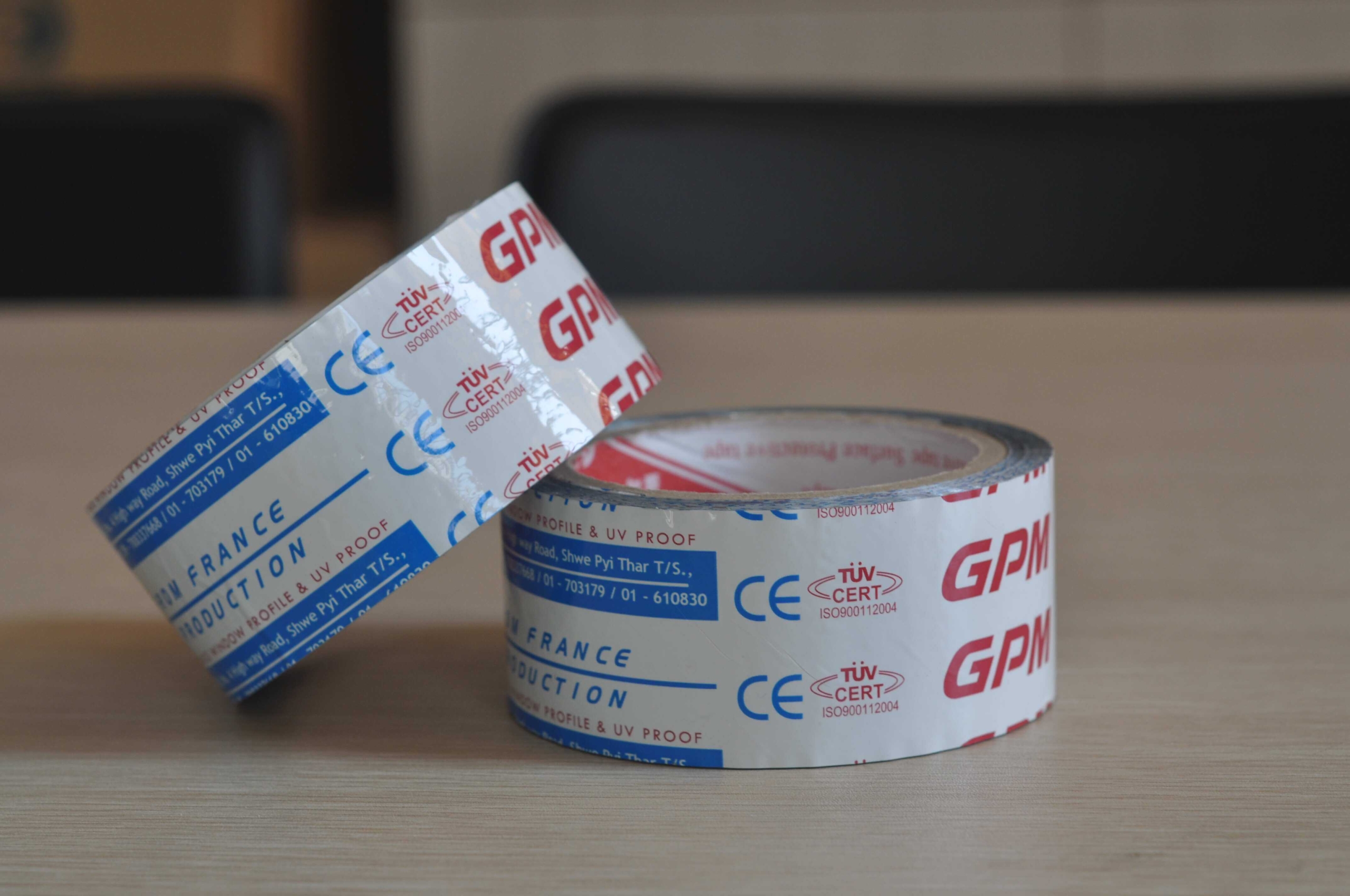Influence of pressure sensitive adhesive properties
First, the influence of material composition:
The properties of pressure-sensitive adhesives vary depending on their composition.
Rubber-type pressure-sensitive adhesive is mainly made of natural rubber as the main raw material. Due to the high relative molecular quality, low glass transition temperature, and good compatibility with adhesive resin, the pressure sensitive adhesive produced has good adhesion, low-temperature performance, fast viscosity, and adhesive force, and the main disadvantage is poor aging resistance.
Acrylic pressure sensitive adhesive is mainly made of acrylic monomer copolymerization, transparency, cohesion strength, and adhesion properties are good, especially for the polarity of the adhesive core and the porous surface has a good limit of adhesion and excellent aging resistance.
The main components of thermoplastic elastomer pressure sensitive adhesive are styrene elastomer SIS and SBS. The prepared solvent pressure sensitive adhesive has high content and low viscosity, high cohesion strength, and high peeling strength. Because the molecular structure contains double bonds, it is not resistant to aging, but the aging resistance will be greatly improved after oxidation.
Silicone pressure-sensitive adhesive is mainly composed of silicone rubber and silicone resin. It has good high and low-temperature resistance and good adhesion to polyolefin and fluoropolymer.
Second, the influence of relative molecular mass and its distribution
The relative molecular weight and its distribution have a great influence on various properties of pressure sensitive adhesives. When the relative molecular weight of pressure sensitive adhesive is reduced, the bulk viscosity can be reduced, which is conducive to wetting the surface of the adhesive, so as to improve the interface adhesion. However, when the relative molecular weight is too low, the cohesive strength is poor, and cohesive failure is easy to occur when the adhesive layer is stripped. Increasing the relative molecular weight can improve cohesion, but too much molecular weight will hinder dispersion and wetting.
Therefore, the relative molecular weight of pressure sensitive adhesive must be within a certain range to obtain good adhesion properties. The relative molecular mass distribution also has a greater impact, generally wider relative molecular mass distribution of pressure sensitive adhesive has better bonding properties.
Third,Influence of glass transition temperature
The glass transition temperature, Tg, has a great influence on the performance of pressure-sensitive adhesives. For pressure-sensitive adhesives with different Tg, the bulk viscosity and elastic modulus coexist peacefully at room temperature and the peel strength decreases, resulting in the loss of pressure-sensitive properties. If Tg is too low and the cohesion strength is low, peel damage will occur.


Leave a Reply
Want to join the discussion?Feel free to contribute!